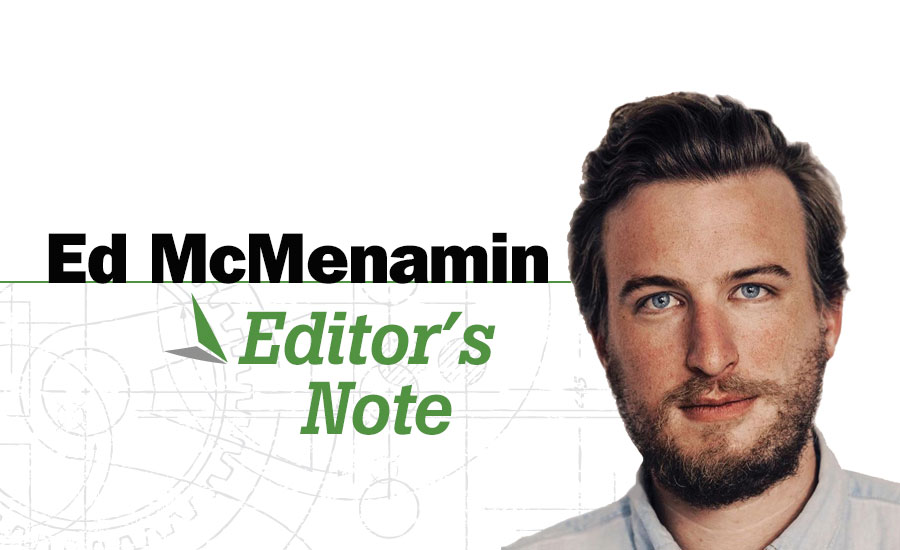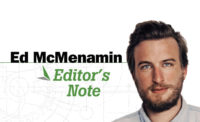There’s an old saying, repeated in the recent novel “Asymmetry” by Lisa Halliday, about how “the foreign journalist who travels to the Middle East and stays a week goes home to write a book in which he presents a pat solution to all of its problems. If he stays a month, he writes a magazine or a newspaper article filled with ‘ifs,’ ‘buts,’ and ‘on the other hands.’ If he stays a year, he writes nothing at all.”
The notion that a superficial understanding of complex issues can lead directly to the quickest opinion stayed with me after reading the book. The more one delves into an issue, the more granular, overwhelming and interconnected the causes and solutions become. It can lead to a sort of spiral of nihilism, or fatalism, at worst. At best, it can create a humbling effect. A good way forward can be to narrow or segment the focus of whatever topic or project is proving more complex or expansive than assumed. This column won’t touch on any solutions or problems in war-torn parts of the world. But I often think about the passage quoted above when I set out to tackle any large article.
This month’s cover story on Page 34 looks at the frustrations plumbing engineers face working with local jurisdictions to size grease interceptors, and the effect fat, oil and grease have on our municipal sewer systems. I interviewed Max Weiss, an across-the-board expert on the topic and the director of the Plumbing and Drainage Institute. Quickly, it became apparent that a chemist could cover the issue, as could a biologist, as could an engineer. All would have applicable and useful insight into the cause and effects of FOGs on our infrastructure, and all three could offer complementary, if varied, solutions. Near the end of the interview, I asked Weiss if there were any questions that I didn’t ask that I should have. He replied, in good humor, “No, I think it’s too ambitious as it is.”
I wish I could just print our entire interview, at length, verbatim. But it would run half of the entire magazine. Same goes for the other experts who generously shared their time in interviews for the FOG article, and others over the last several months.
The plumbing industry is full of enthusiastic, knowledgeable professionals more than willing to be patient with a journalist’s questions. It’s my responsibility to select the most important or representative elements from those interviews, crosscheck them with other exerts, and then share them with you, the reader, in an actionable way.
Of course, if there are no consensus solutions to a problem, it’s easy to find ourselves back in the situation quoted at the beginning of this column. In that case, perhaps it’s best to describe the problems as they exist, hoping that suitable attention will bring suitable innovation. If human history can be told as a story of continual problem solving, a hammer will always find a nail.




